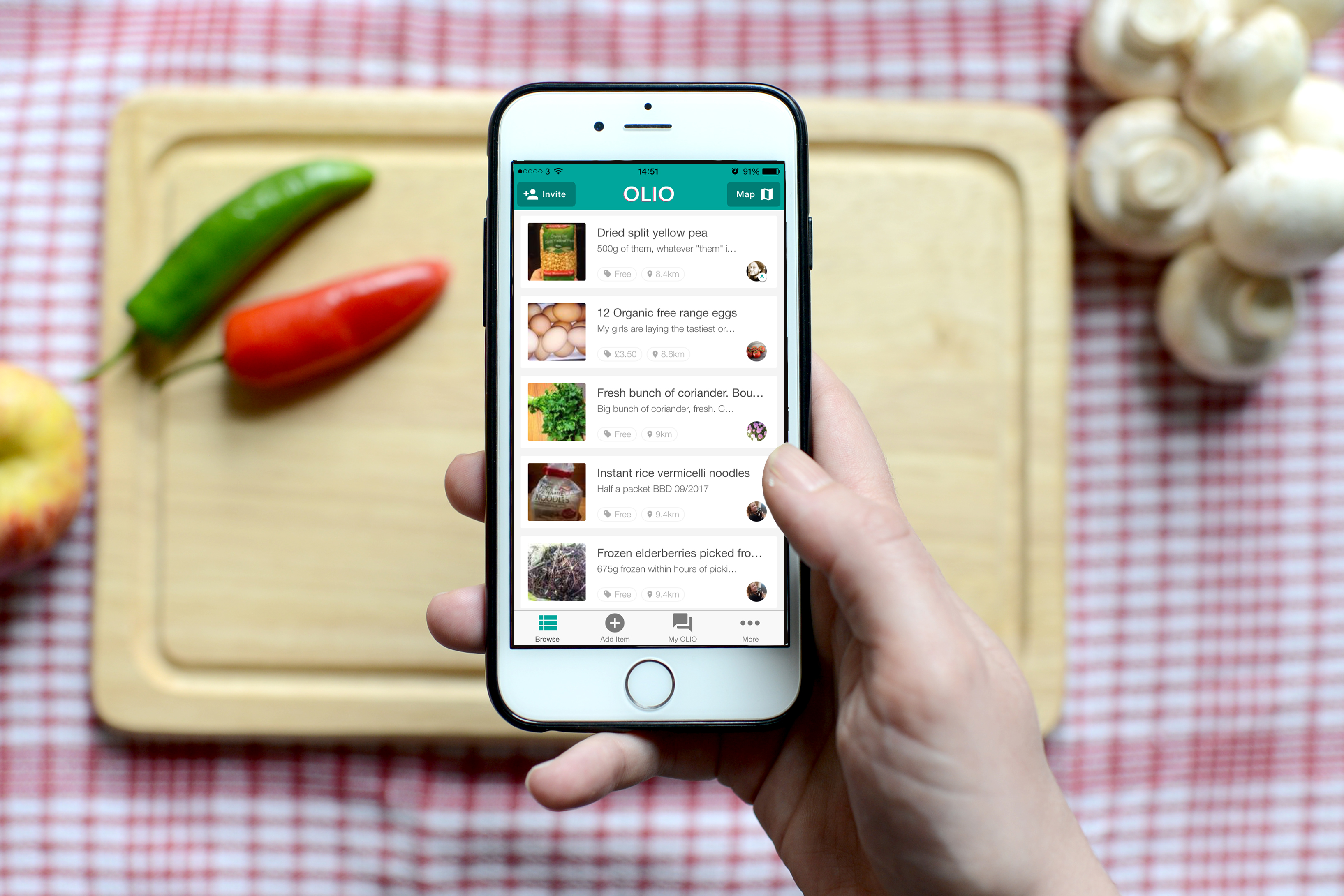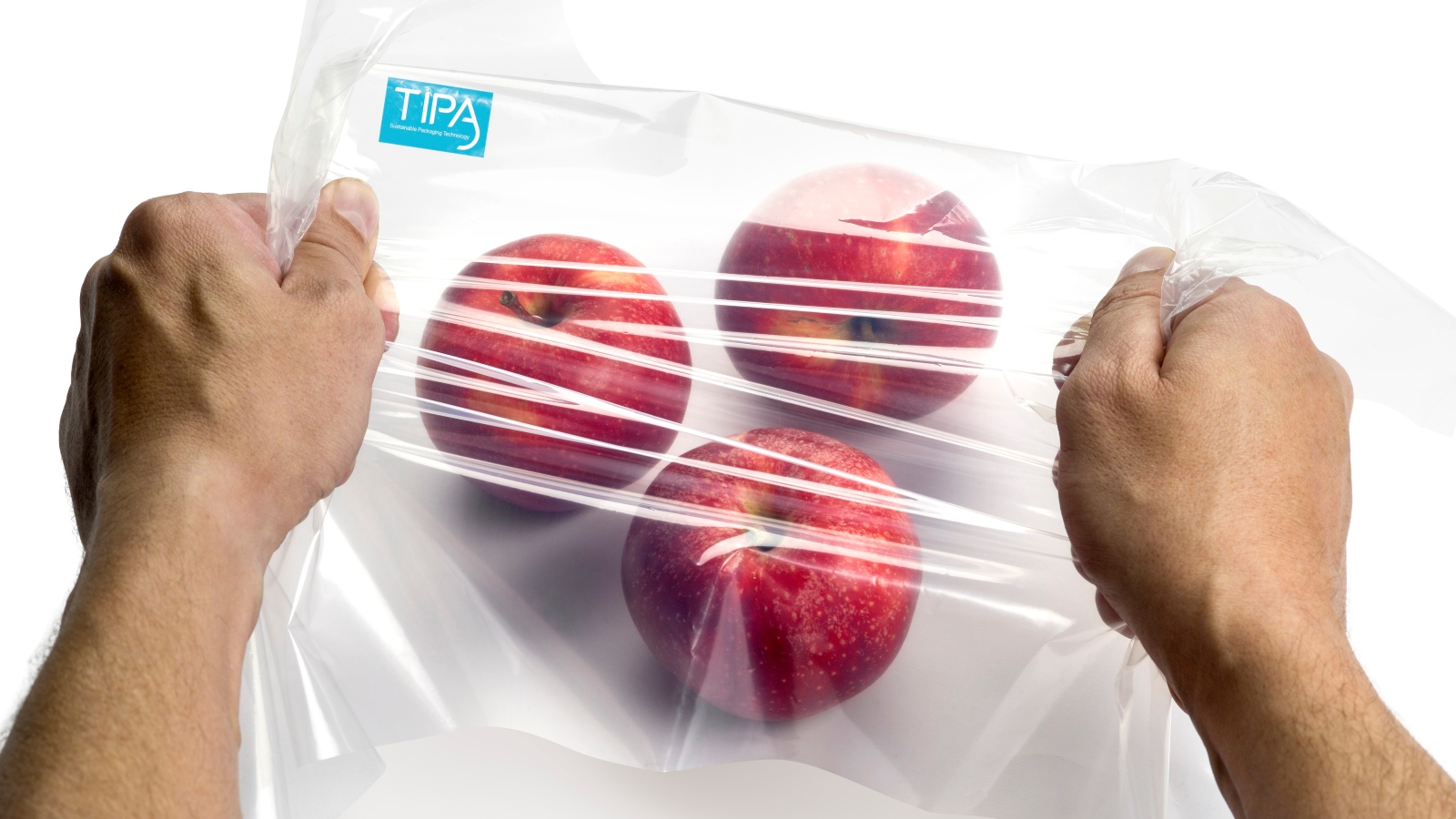Last November 19th was an important day for us at Food Entrepreneurs as we celebrated Womens Entrepreneurship day, a special day to honor the strong and empowering female founders, entrepreneurs, makers, creators and doers who continue to inspire us across the food industry, and we wanted to give the female foodies making their mark on the food tech industry a special nod.
Natural Machines – Lynette Kucsma
Lynette Kucsma is the brain food behind Natural Machines, a venture capital-powered initiative that made the top 5% of Fortunes 500 FoodTech list and was named one of CNN´s tech superheroes to watch. Before co-founding her own company Kucsma was already quite the business woman, working at some of the worlds most acclaimed tech companies like Microsoft. With a personal passion for healthy eating and technology, she decided to combine them together along with her tech and consumer professional background to create Natural Machines.
 Now, the Barcelona-based entrepreneur is leading the way for 3D printing in the food industry, helping develop Natural Machines 3D printing kitchen appliance, branded Foodini. This disruptive technology leverages IoT with artificial intelligence to print foods that are fully customizable using only the most natural and freshest of ingredients. Targeted at kitchen users Foodini is the new generation appliance helping to get people to eat less processed food and more healthy ingredients. Their aim? To take on the time-consuming part of food preparation that often discourages people from creating home-cooked recipes
Now, the Barcelona-based entrepreneur is leading the way for 3D printing in the food industry, helping develop Natural Machines 3D printing kitchen appliance, branded Foodini. This disruptive technology leverages IoT with artificial intelligence to print foods that are fully customizable using only the most natural and freshest of ingredients. Targeted at kitchen users Foodini is the new generation appliance helping to get people to eat less processed food and more healthy ingredients. Their aim? To take on the time-consuming part of food preparation that often discourages people from creating home-cooked recipes
Visit naturalmachines.com to see how Foodini works & follow @LynetteKucsma on Twitter.
OLIO – Tessa Clarke and Saasha Celestial-One
OLIO is the free food sharing app that tracks surplus food in households and offices to be shared and distributed to avoid food waste. Tessa Clarke is a farmers daughter and has always hated throwing away food. The idea for OLIO came to her back in 2015 when she was moving country and found herself with surplus food that she couldnt bring herself to throw away. She soon realized there was a lack of options for those wanting to “re-home” food and after conducting research using Survey Monkey to test proof of concept the duo later bagged their first investor that same year who helped them build their first MVP and take the brand live.

Today? Riding on the back of other “sharing apps” success like Uber and Airbnb, the app is still going strong, helping save tonnes of food from being wasted every week and boasting over 2 million users across 54 countries..and growing.
Visit olioex.com to learn more.
TIPA – Daphna Nissenbaum and Tal Neuman
TIPA is the sustainable vision of entrepreneurs Daphna Nissenbaum and Tal Neuman who, guided by the vision of developing fully compostable packaging inspired by the environment, co-founded the company in 2010. Over the past decade, the Israel-based company has become a top pioneer in the food packaging space and a leading manufacturer of compostable packaging. Back in 2010, there was a lot of discussion surrounding plastic packaging and the damage it was doing to the environment. Thinking on their feet, the founders decided that the world needed a package that was not plastic-based but one that acted like an organic material and would break down by itself post-consumption.

TIPA has received a number of accolades in its ten year run, including being recognised as one of the World Economic Forum’s Technical Pioneers of 2019 and ranking second in the 2020 FoodTech 500.
Visit tipa-corp.com to learn more.
Connecting food – Maxine Roper
Maxine Roper is almost a food pioneer in her own right, boasting over 20 years of experience in the global blue-chip food industry and working for a number of household brands including Nestlé and Mars. During her time in the sector she came to a shocking realization: the majority of food processes are widely out-of-date and in need of major innovation. Roper along with her co-founder decided to leave their jobs and start Connecting Food, a startup that would use digital technology to bring real-time tracking and auditing into the food business, to both protect brand equity and restore consumer trust in food. By leveraging blockchain and cloud-based technology they are able to certify food compliance and security in real time and demonstrate complete brand transparency from farm to fork.

With technology a central part of their business, Roper believes the food industry must embrace it to remain relevant for consumers who are now demanding more information on the products they buy and consume than ever. Despite this year being extra difficult for food startups, the company managed to raise yet another investment round, bringing their total funds to over 5 million euros.
Visit connecting-food.com to learn more.
Mimica – Solveiga Pakštaitė
Mimica was founded by Solveiga Pakštaitė, an industrial designer by trade but with a passion for user-centric and sustainable designs. In 2015 Pakštaitė co-founded Fast Forward 2030, a network of entrepreneurs that promote speculative models for enterprises that will help deliver the UN’s SDGs, and she has remained on the board ever since.

As a fan of inclusive design, 2017 was the real pinnacle year of her career when she decided to launch Mimica Touch: the temperature-sensitive technology that indicates the freshness of food, born from a mission to improve food safety and reduce food waste as well as to offer solutions for visually impaired people making their every day lives that bit easier. What she realised? We are all blind really when it comes to food waste because we dont really know exactly when our food is okay to eat. By running their fingers over the Mimica Touch food labels users are able to determine if it’s still safe to eat by the texture of the label— smooth surface: safe, bumpy surface: no longer edible. The company uses actual temperature changes within a foodstuff’s lifecycle to indicate its real expiry date.
Since Mimica was established Pakštaitė has earned herself a number of important awards including MIT Technology Review’s 35 Innovators Under 35 Europe and Beauhurst’s Top 10 Female Entrepreneurs Under 30 in the UK, as well as managing to secure up to £1.38 million in grants to date.
Visit mimicalab.com to learn more.
Fresh n lean – Laureen Asseo
Laureen Asseo founded Fresh n’ Lean at only 18 years old in 2010 from the kitchen of her one-bedroom apartment. Building the company from scratch on her own Laureen was in charge of creating recipes, cooking meals and delivering the boxes of food to early adapters – the company now boasts over 200 employees.
So, where did the inspiration for this idea come from? After her father had been faced with some serious health problems due to years of overindulging in unhealthy, processed food the young entrepreneur was desperate to do something to help. She wanted to re-invent fast food and make eating healthy a no-brainer for those who lack the time or skills to prepare delicious at-home meals.
 Where is she today? Fresh n’ Lean is now the No. 1 meal delivery service for organic, ready-to-eat meals, offering foods specially designed for people with dietary requirements including vegan and gluten-free. Laureen has made eating well accessible for everyone and has accomplished her mission of delivering good nutrition to the masses. In 2019, she was selected for the Forbes 30 under 30 list, which helps recognize those aiding the healthy eating revolution.
Where is she today? Fresh n’ Lean is now the No. 1 meal delivery service for organic, ready-to-eat meals, offering foods specially designed for people with dietary requirements including vegan and gluten-free. Laureen has made eating well accessible for everyone and has accomplished her mission of delivering good nutrition to the masses. In 2019, she was selected for the Forbes 30 under 30 list, which helps recognize those aiding the healthy eating revolution.
Visit Fresh n´Lean to learn more.
In 2019, it was reported that female founded startups only raised 2.2.% of the total venture capital. Lesson? We need to do better. Find out more at https://www.womenseday.org/. #choosewomen